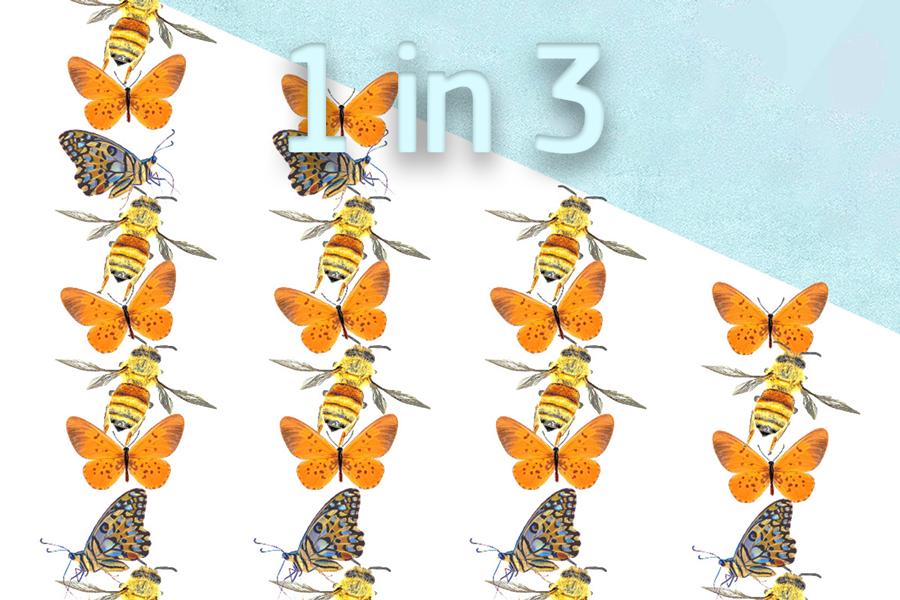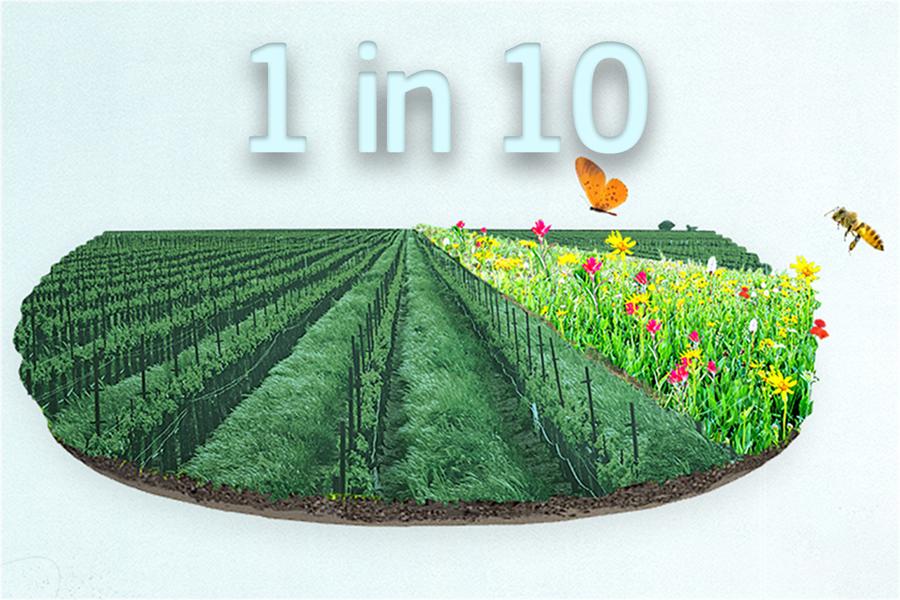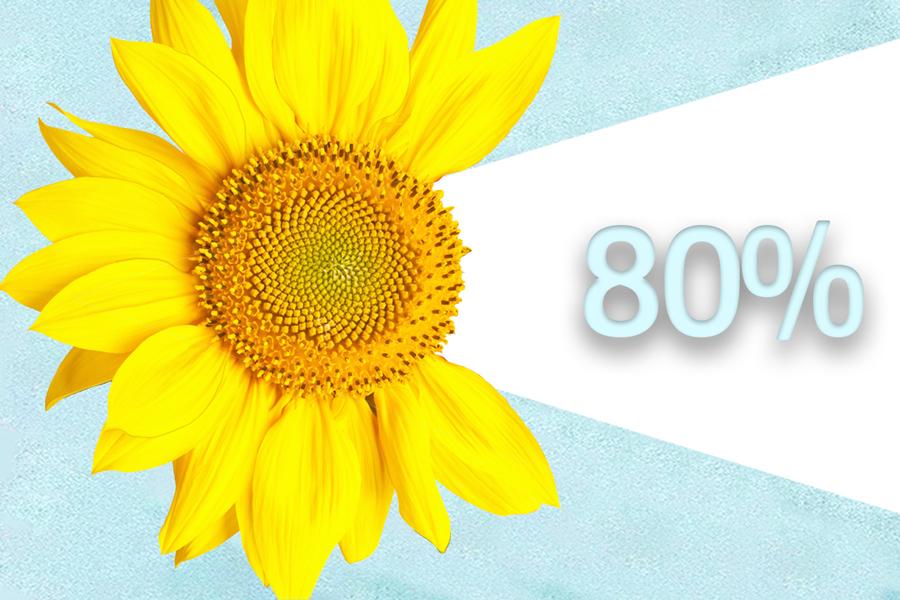Overview
Europe is home to an amazing variety of insects that pollinate crops and wild plants. This variety is essential for a healthy nature and our wellbeing. However, in recent decades, wild-insect pollinators such as bees, butterflies, hoverflies and moths have dramatically declined in abundance and diversity in Europe. Many species are on the verge of extinction.
Without pollinators, our food security will be at risk and many plant species will decline and eventually disappear. This threatens the survival of nature, human wellbeing and the economy.
Objectives
The EU biodiversity strategy for 2030 and the EU Pollinators Initiative set the commitment to reverse the decline in wild pollinators by 2030.
EU actions on pollinators (the EU Pollinators Initiative) aim to
- improve knowledge of pollinator decline, its causes and consequences
- improve pollinator conservation and tackle the causes of pollinator their decline
- mobilise society and promote strategic planning and cooperation at all levels
Policy
EU Pollinators Initiative
This initiative was the first-ever EU framework to tackle the decline of wild pollinators. The Commission’s Communication from 2018 set strategic objectives and a set of actions to be taken by the EU and its Member States to address the decline of pollinators in the EU and contribute to global conservation efforts. The initiative has been an integral part of the EU biodiversity strategy.
The Commission revised the EU Pollinators Initiative in January 2023:
- Communication on the revised EU Pollinators Initiative: A new deal for pollinators
- Questions and Answers
- Commission Staff Working Document on the EU Pollinators Initiative
The revision followed a review of progress in the implementation of the initiative – please see the progress report.
Stakeholders, Member States and the public were consulted in the revision process. Please see here the results of the public consultation. In addition, Member States were consulted through Commission expert groups and experts were consulted through nine thematic workshops. Please see here the reports from these workshops. The revision of the initiative also took into account the feedback received from other EU institutions:
- Recommendations of the European Court of Auditors of 9 July 2020: Special Report 15/2020.
- The European Parliament addressed it in its resolution of 9 June 2021 on the Biodiversity Strategy for 2030, and discussed the review and revision of the Initiative in exchanges of views on pollinators and bee health in the ENVI Committee meetings of 28 October 2020 and 21 June 2021.
- The Council of the European Union addressed the Court’s special report in Council conclusion approved on 17 December 2020 and discussed the progress report at the informal Council of Environment/ Climate Ministers in Ljubjana 20-21 July 2021.
- The European Committee of the Regions (CoR) addressed the implementation of the EU Pollinators Initiative in Opinion 3508/2021 of 26 January 2022.
Proposal for a Nature Restoration Law
In June 2022, the Commission adopted a proposal for a Regulation on nature restoration, which includes a binding target for Member States to reverse the decline of pollinators by 2030. Member States would also be required to set up robust monitoring schemes to collect data on the abundance and diversity of pollinator species and for assessing pollinator population trends.
The actions in the revised Pollinator initiative will support and complement the national restoration measures required under this proposed new law and will benefit from the legally binding target to reverse pollinator decline by 2030.
Together, the proposal for a Nature Restoration Law and the new action framework under the EU Pollinators Initiative constitute a game changer for pollinator conservation at EU level: a new deal for European pollinators.
Save bees and farmers - European Citizen’s Initiative
Over 1 million Europeans signed the ‘Save bees and farmers! Towards a bee-friendly agriculture for a healthy environment’ European Citizen’s Initiative (ECI). This reflects public concerns about the environmental and socio-economic sustainability of European agriculture. Under the European Green Deal, many actions have been taken to ensure the sustainability of food systems, including
- farm to fork and biodiversity strategies
- proposal for a nature restoration law
- sustainable use of pesticides regulation
- revised EU Pollinators’ Initiative
- new EU common agricultural policy for 2023-2027
Taken together, the Commission’s proposals and initiatives are a comprehensive response to the requests made in the ECI.
See the Commission’s response and the factsheet.
Tools
Related links
Related topics: Nature and biodiversity
Related strategies: EU biodiversity strategy for 2030, Farm to fork strategy
Related Commission priorities: European Green Deal









